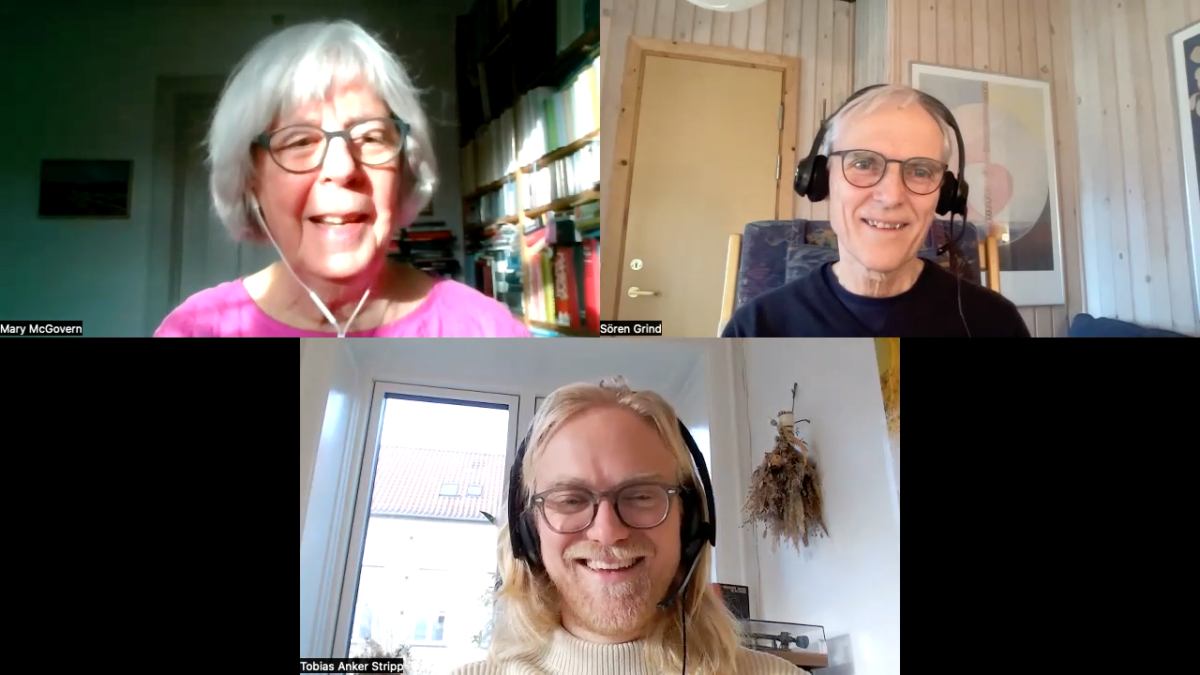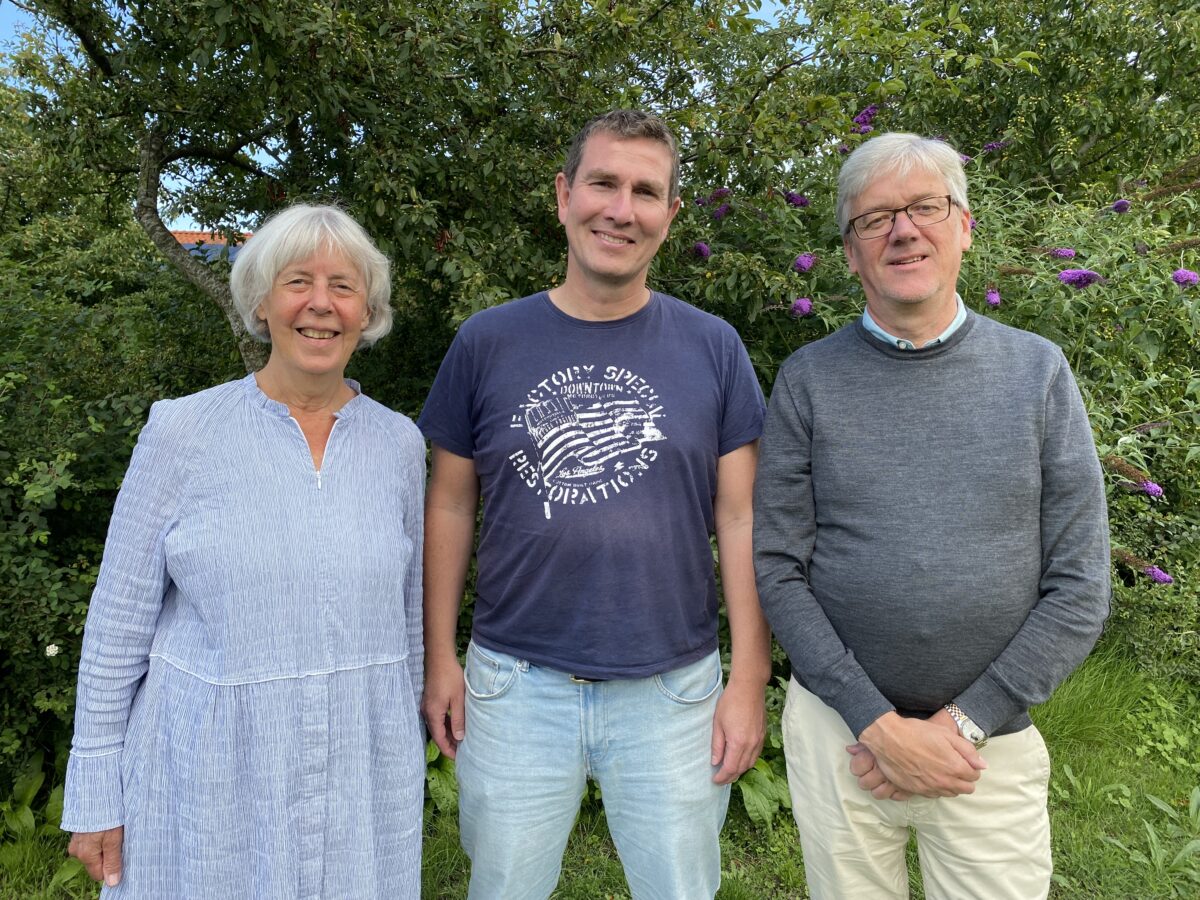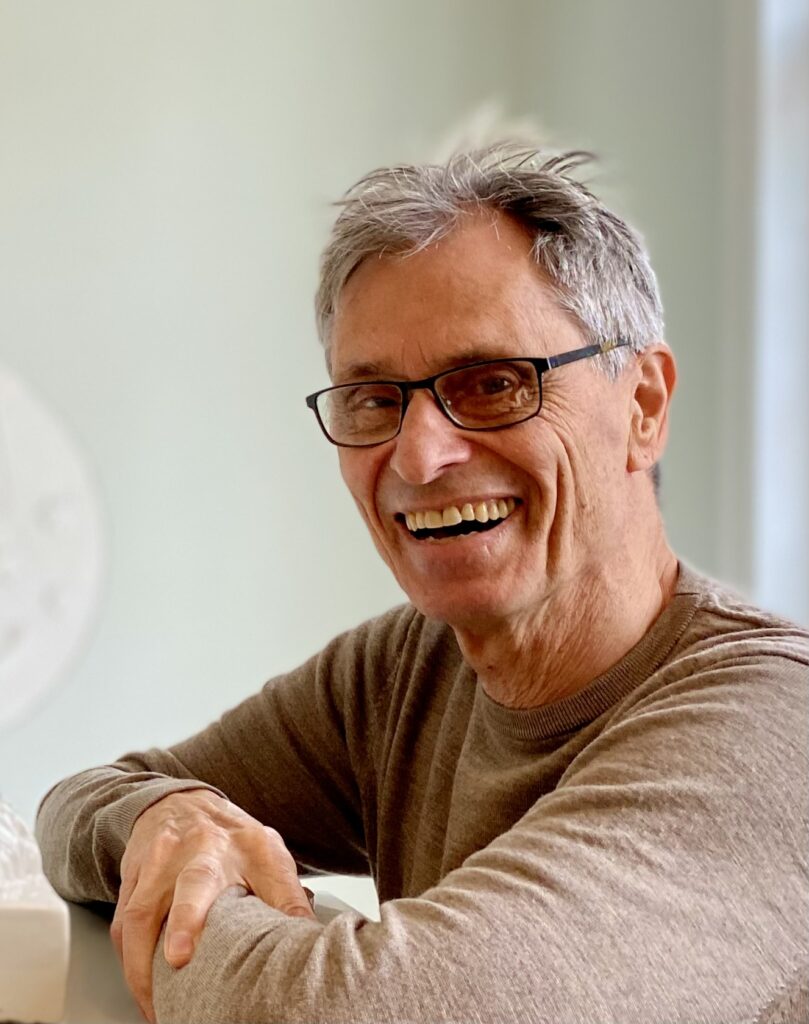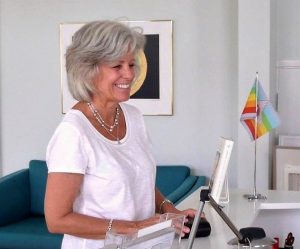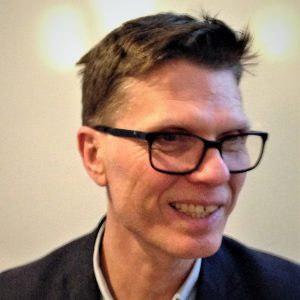Is consciousness a product of the brain, or is the brain a tool for consciousness? What do people typically experience during near-death experiences and what effect does it have on them? What, if anything, do near-death experiences have in common with other spiritual experiences? Can reincarnation solve the mystery of the apparent injustice of the one-life theory?
These are some of the questions taken up in this episode in which Mary McGovern interviews Tobias Anker Stripp and Sören Grind about near-death experiences and reincarnation from the perspective of research into near-death experiences and from the perspective of spiritual science.
Tobias Anker Stripp is a medical doctor working in Denmark. He is also a Reiki master and a researcher who has done research into near-death experiences and has been the driving force behind the establishing of a Danish network for people who have had near-death experiences.
Sören Grind is a Swedish psychologist, now living in Denmark, and the author of three books based on Martinus’s world picture, the latest of which is entitled “Reincarnation – a loving and logical view of life” (not yet available in English).
Links for further information:
“Reincarnation gives life meaning”, an article by Sören Grind In: English Kosmos no 1/2024: https://www.martinus.dk/en/english-ko…
Dr. Tobias Anker Stripp’s website: https://tobiasankerstripp.dk
Sören Grind’s books in Swedish and Danish: https://www.adlibris.com/se/sok?q=sör…
“Through the Gates of Death – Sleep and Death”, an article by Martinus describing how it is to die as a child, a youth, an adult and in old age: https://www.martinus.dk/en/martinus-w…
“The Immortality of Living Beings” by Martinus https://www.martinus.dk/en/ttt/index….
International Association for Near-Death Studies, Inc. https://iands.org
Pim van Lommel, cardiologist and author of the bestseller “Consciousness Beyond Life” https://pimvanlommel.nl/en/
Bruce Greyson, psychiatrist and author of “After – A Doctor Explores What Near-Death Experiences Reveal About Life and Beyond” https://www.brucegreyson.com/
Recorded in Denmark via Zoom on 7 th February 2024.
Music composed and performed by Lars Palerius.

